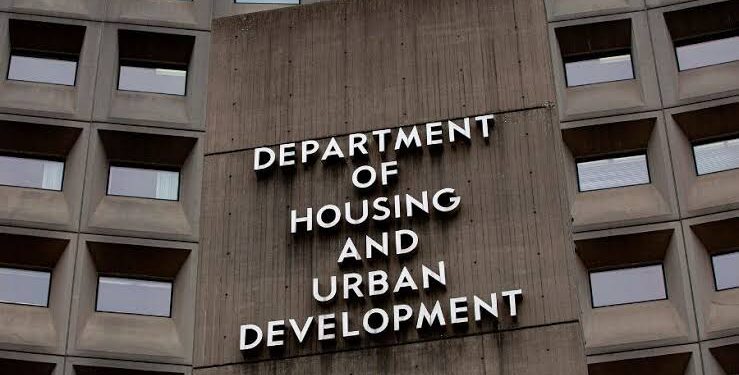A federal judge in Seattle has issued a temporary restraining order halting the implementation of new federal grant conditions introduced by the Trump administration, marking a significant early victory for King County and several other jurisdictions challenging the legality of the restrictions.
Judge Barbara Rothstein Chambers of the U.S. District Court for the Western District of Washington granted the emergency order following a lawsuit filed by King County and seven other jurisdictions. The lawsuit contests recently imposed federal grant requirements that plaintiffs argue infringe on local authority and threaten critical funding for essential services.
In a statement following the ruling, King County Executive Shannon Braddock said the court’s decision affirms the seriousness of their legal challenge.
“King County is pleased that Judge Rothstein has granted a temporary restraining order recognizing the urgent nature of our court filing, which questions the lawfulness of the administration’s actions,” Braddock said. “Today’s ruling is a positive first step in our challenge to federal overreach. We will continue to stand up against unlawful actions to protect our residents and the services they rely on.”
The court will next review King County’s motion for a preliminary injunction, which could further delay or halt enforcement of the administration’s grant conditions while the case proceeds.
The legal challenge follows an executive order signed by former President Donald Trump on January 21, which prohibits the use of federal funds for diversity, equity, and inclusion (DEI) programs. The order also mandates that any project receiving federal funding comply with current executive policies, including those that restrict support for undocumented immigrants.
In response to the executive order, the Department of Housing and Urban Development (HUD) and the Federal Transit Administration (FTA) began attaching new stipulations to federal grants, warning that funds could not be used to support local policies deemed noncompliant with federal immigration directives.
King County argues these conditions are unlawful and could jeopardize vital programs and infrastructure initiatives. The lawsuit was filed alongside jurisdictions across the country, including Pierce and Snohomish counties in Washington, as well as major cities such as San Francisco, Santa Clara, Columbus, Boston, and New York City.
As the case moves forward, it is likely to become a national flashpoint in the ongoing debate over federal authority, immigration policy, and the scope of executive power.







